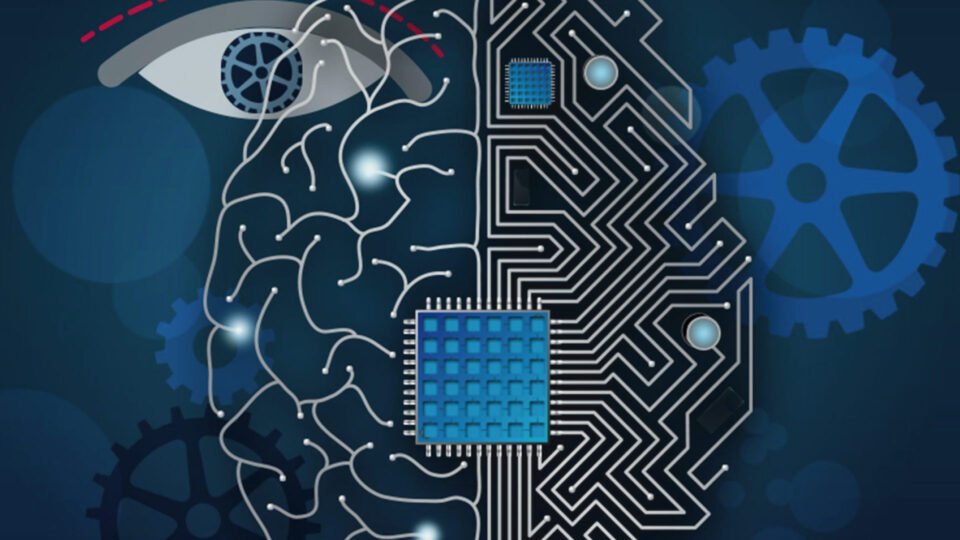New release automatically generates and delivers trained models as portable software functions, on any hardware
OctoML today released a major platform expansion to accelerate the development of AI-powered applications by eliminating bottlenecks in machine learning deployment. This latest release enables app developers and IT operations teams to transform trained ML models into agile, portable, production-ready software functions that easily integrate with their existing application stacks and DevOps workflows.
One of the biggest challenges in enterprise software development today is building reliable and performant AI-powered applications. The problem is 47 percent of fully trained ML models never reach production, and the rest take an average of 12 weeks to deploy. Model deployment is hindered by dependencies between ML training framework, model type, and required hardware at each stage of the model lifecycle. To break this cycle, users need a way to abstract out complexity, strip away dependencies, and deliver models as production-ready software functions.
“AI has the potential to change the world, but it first needs to become sustainable and accessible,” said Luis Ceze, CEO, OctoML. “Today’s manual, specialized ML deployment workflows are keeping application developers, DevOps engineers and IT operations teams on the sidelines. Our new solution is enabling them to work with models like the rest of their application stack, using their own DevOps workflows and tools. We aim to do that by giving customers the ability to transform models into performant, portable functions that can run on any hardware.”
Models-as-functions can run at high performance anywhere from cloud to edge, remaining stable and consistent even as hardware infrastructure changes. This DevOps-inclusive approach eliminates redundancy by unifying two parallel deployment streams—one for AI and the other for traditional software. It also maximizes the success of the investments that have already been made in model creation and model operations.
The new OctoML platform release enables customers to work with existing tools and teams. Intelligent functions can be leveraged with each user’s unique combination of model, development environment, developer tools, CI/CD framework, application stack and cloud—all while meeting cost and performance SLAs.
Key platform expansion features include:
- Machine Learning for Machine Learning capabilities—Automation detects and resolves dependencies, cleans and optimizes model code, accelerates and packages the model for any hardware target.
- OctoML CLI provides a local experience of OctoML’s feature set and integrates with SaaS capabilities to create accelerated hardware-independent models-as-functions.
- Comprehensive fleet of 80+ deployment targets—in the cloud (AWS, Azure and GCP) and at the edge with accelerated computing, including GPUs, CPUs, NPUs from NVIDIA, Intel, AMD, ARM and AWS Graviton—used for automated compatibility testing, performance analysis and optimizations on actual hardware.
- Performance and compatibility insights backed by real-world scenarios (not simulated) to accurately inform deployment decisions and ensure SLAs around performance, cost and user experience are met.
- Expansive software catalog covering all major ML frameworks, acceleration engines such as Apache TVM, and software stacks from chip makers.
- NVIDIA Triton Inference Server is packaged as the integrated inference serving software with any model-as-a-function generated by the OctoML CLI or OctoML platform.
Combining NVIDIA Triton with OctoML enables users to more easily choose, integrate, and deploy Triton-powered inference from any framework on mainstream data center servers.
“NVIDIA Triton is the top choice for AI inference and model deployment for workloads of any size, across all major industries worldwide,” said Shankar Chandrasekaran, Product Marketing Manager, NVIDIA. “Its portability, versatility and flexibility make it an ideal companion for the OctoML platform.”
“NVIDIA Triton enables users to leverage all major deep learning frameworks and acceleration technologies across both GPUs and CPUs,” said Jared Roesch, CTO, OctoML. “The OctoML workflow extends the user value of Triton-based deployments by seamlessly integrating OctoML acceleration technology, allowing you to get the most out of both the serving and model layers.”
Visit AITechPark for cutting-edge Tech Trends around AI, ML, Cybersecurity, along with AITech News, and timely updates from industry professionals!

